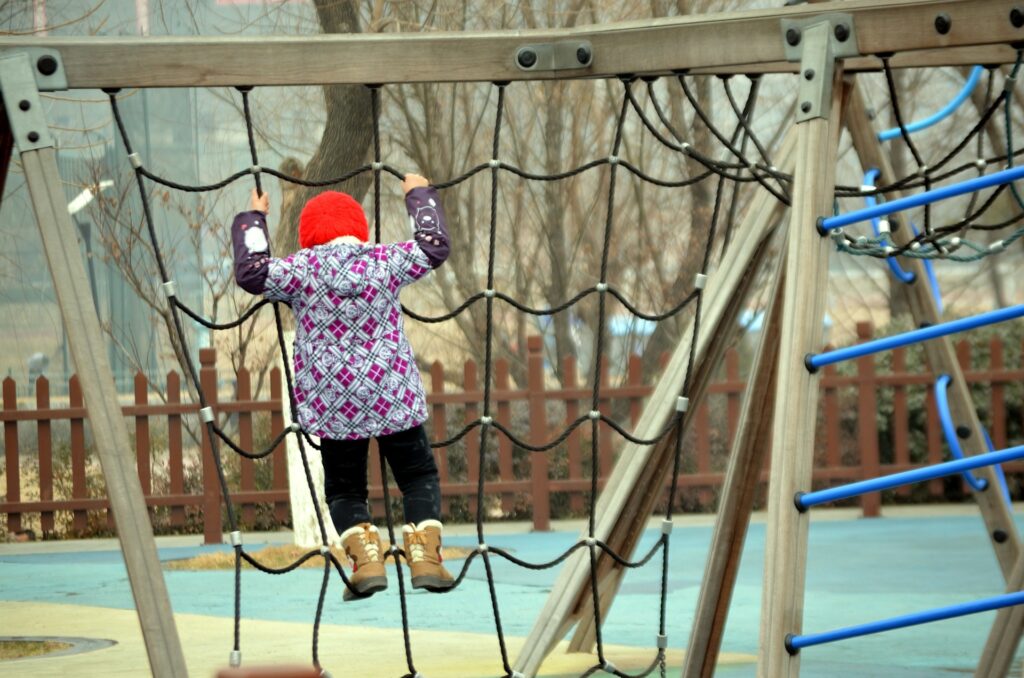Develop Your Child’s Physical Activity to Develop their Mind.
Cognitive coordination is related to physical coordination.
Pay attention to your child's physical activity, in order to develop their self-regulation and other cognitive skills. Simply put, in order to develop the mind, you must develop the body. This means that each day, exercise, play or any physical movement is needed multiple times a day. No matter what your child’s strengths or challenges may be, if they are stressed out, withdrawn or being “difficult” it may be that they simply need more physical activity or simply more free time to explore the world around them.
When we move our bodies freely, it’s nature’s way of developing our mind/body connection. The two are intertwined.

There is a large body of research showing connections between better academic performance and physical activity of children. Average scores on standardized tests have also been shown to be higher in schools that added physical activity into their curriculum. (Donnelly, 2011). One “study of studies” reviewed nearly 60 research studies on the topic, which showed more evidence for the power of physical activity (particularly aerobic exercise) and how it can improve learning. (Fedewa & Ahn, 2011).
Specifically, 90 minutes per week of aerobic exercise is associated with improvements in memory in pre-teens. Children who participated in at least 90 minutes of moderate to vigorous exercise after school showed marked improvements in working memory. (Kamijo, 2011). Other improvements included better reading, math and spelling scores.
Self-Awareness and Impulse Control is a Sensory-Motor Skill.
Emotional intelligence, executive functioning and other skills develop as children become aware of their own bodies, and what happens when they interact with the world. Exercise, play and other activities develop the inner sensory-emotional awareness that is needed for self-control. In addition, the right sensory motor education helps children understand their own perceptions and body sensations, and ultimately, emotional competency.
During the pandemic, with kids at home, it can be challenging to get kids moving. But it helps if parents prioritize physical activity over unnecessary time on screens, to the extent possible. It can require creativity. Here are a few tips:
- Make physical activity part of your child's daily schedule (at the same time each day)
- Go for walks and set goals for the number of steps, with awards for achieving goals
- Have a dog? Give your child responsibility for walking the dog
For more structure and a customized approach, Occupational therapy can also help shape intentional movement and playful exercises to improve:
- Anxiety
- Impulse control
- Memory
- Attention and focus
- Balance and coordination
- Language and creativity skills
